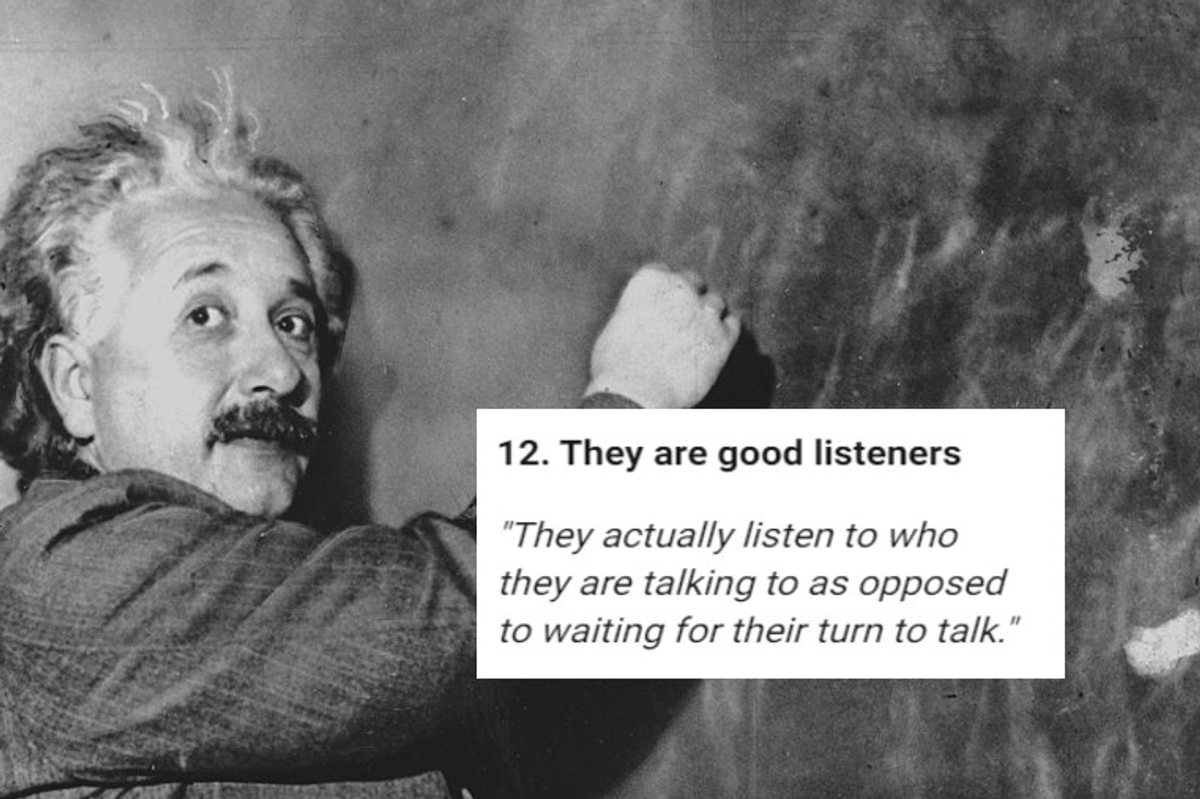Here’s a military trick that can help you fall asleep in 2 minutes
It was created to help fighter pilots.

No better time to grab a little shut eye.
For those in the military, sleep can mean the difference between life and death. But shut-eye can be very hard to come by, especially during active conflict.
The military method regained public attention thanks to a post by writer Sharon Ackman on Medium.com. The U.S. Navy Pre-Flight School developed a scientific method to help its pilots fall asleep. Through this technique, 96% of the pilots were able to fall asleep in two minutes or less.
If pilots can fall asleep surrounded by war, you should be able to use it to knock out in the comfort of your bedroom.
Here's how to do it:
Step 1: Relax in your seat

Sleeping in difficult environments.
Given the space restraints of a typical plane, the pilots were taught to sleep in a seated position. They put their feet flat on the ground, while relaxing their hands in their laps.
Breathe slow, deep breaths while relaxing every muscle in your face and letting your forehead, cheeks, mouth, tongue, and jaw go limp.
Step 2: Relax your upper body
Let your shoulders drop as low as you can. Allow the muscles in your neck go lifeless.
Starting with your dominant side, let your bicep feel like it's falling off your body. Then move to your forearm, hand, and fingers. If a muscle isn't relaxing, tense it first, then let it go loose.
Slowly exhale to release tension.
Step 3: Relax your lower body
Tell your right thigh muscle to sink, then move down your leg, saying the same thing to your calf, ankle, and foot. Your leg should feel like it has sunk into the ground. Then move on to your left leg.
The final step is to clear your mind for ten seconds. You can do this by paying attention to your breath as it moves through your nostrils or holding a static image in your mind.
Once your body is relaxed and your mind quiet, you should slip away into darkness.
It may sound too good to be true, but this technique is real and effective. Try it out and get ready for refreshing sleep no matter what's happening in your life.
This article originally appeared five years ago.
- An open letter to men who will have sex with me but won't date me ... ›
- Here's what it looks like when someone has narcolepsy — it's ... ›
- Octopus intelligence: Here are 13 of the most frighteningly smart ... ›
- How sleep cleans our brain every night, according to science - Upworthy ›
- How to fall asleep fast with the 4-7-8 breathing method - Upworthy ›
- Doctor shares breathing technique for falling asleep - Upworthy ›
- Doctor claims cognitive shuffling can help with sleep - Upworthy ›
- How to fall asleep faster—people share their favorite hacks - Upworthy ›
- 13 ways that people sear help them fall asleep fast - Upworthy ›
- The house-tour hack guaranteed to put you to sleep - Upworthy ›
- Doctor's unique 4-7-8 technique could fix your sleep problems instantly - Upworthy ›
- 7 toxic evening habits that silently keep you stuck in life (and how to fix them) - Upworthy ›
- How to fall asleep fast according to a neuroscientist - Upworthy ›









 A woman is getting angry at her coworker.via
A woman is getting angry at her coworker.via  A man with tape over his mouth.via
A man with tape over his mouth.via  A husband is angry with his wife. via
A husband is angry with his wife. via 
 Albert EinsteinArthur Sasse/
Albert EinsteinArthur Sasse/ Neil deGrasse TysonUnited States Department of Education/
Neil deGrasse TysonUnited States Department of Education/ Stephen HawkingBy NASA/Paul E. Alers/
Stephen HawkingBy NASA/Paul E. Alers/ Carl SaganKenneth C. Zirkel/
Carl SaganKenneth C. Zirkel/
 Many people make bucket lists of things they want in life.
Many people make bucket lists of things they want in life. 
 A man on a pull-up bar.via
A man on a pull-up bar.via  A woman working out at the gym.via
A woman working out at the gym.via 